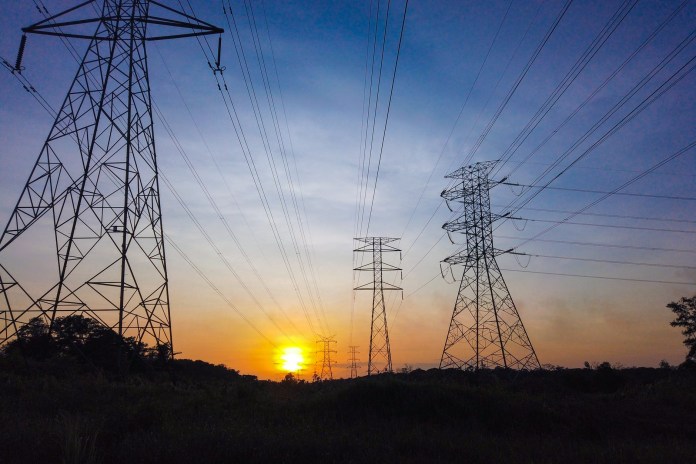
Gujarat Urja Vikas Nigam Limited (GUVNL) has filed a petition before the Gujarat Electricity Regulatory Commission (GERC) seeking a revision in the Renewable Power Purchase Obligation (RPO) targets for FY 2023–24. This request has been made on behalf of its four subsidiary distribution companies—UGVCL, MGVCL, DGVCL, and PGVCL—citing genuine constraints beyond their control in meeting the RPO targets as per the GERC regulations and amendments.

The Gujarat Electricity Board was earlier unbundled into seven entities in line with the Gujarat Electricity Industry Reorganization and Regulation Act, 2003. GUVNL, acting as the bulk power buyer and seller, procures power for all four DISCOMs. The central electricity laws and policies like the Electricity Act 2003, National Electricity Policy 2005, and Tariff Policy 2016 emphasize the promotion of renewable energy, mandating SERCs to fix minimum percentages for renewable purchase, including specific provisions for solar energy.
As per the RPO Regulations and amendments, GUVNL and its DISCOMs were required to procure 18.70% of their total electricity consumption from renewable energy sources during FY 2023–24. Against a target of 23,060.62 MUs from RE sources, actual purchase stood at 22,905.72 MUs, resulting in a shortfall of 154.90 MUs or 0.13%. Solar RPO compliance exceeded the target at 10.92% against 9.50%, while non-solar sources like wind, hydro, and others showed shortfalls, particularly in wind and other renewables.

The key reason for this shortfall, GUVNL submitted, was the delay in the commissioning of several renewable projects. Out of 2620 MW of solar capacity that could have generated approximately 3001.18 MUs in FY 2023–24, many projects faced issues like land disputes, legal hurdles, COVID-19-related disruptions, ALMM compliance, an increase in module prices, and other force majeure events. For instance, Vena Energy’s 40 MW project faced a land dispute, while several other developers, including NTPC Renewable, SJVN Green, and Torrent Solar, were granted extension of their Scheduled Commercial Operation Dates (SCOD) until March 2024.
GUVNL highlighted that despite consistent efforts to procure RE power through competitive bidding and participation in the Green Day Ahead Market (G-DAM), limited availability and high costs restricted their ability to bridge the gap. The average price in the G-DAM was Rs. 5.80/kWh, higher than the Day Ahead Market (DAM) average of ₹5.24/kWh. Only 18.72 MUs were procured from G-DAM during the year.
GUVNL emphasized that there was no willful default, and that significant capacity of RE—over 26,000 MW as of March 2025—has already been tied up. It also pointed to pending tenders and active efforts under policies such as PM-KUSUM, offshore wind procurement, and distributed solar policies. Regulation 4.2 of the RPO Regulations allows GERC to revise RPO targets in case of supply constraints. Citing APTEL judgments, GUVNL requested the Commission to recognize its challenges and revise the RPO targets for FY 2023–24 accordingly.
Related
